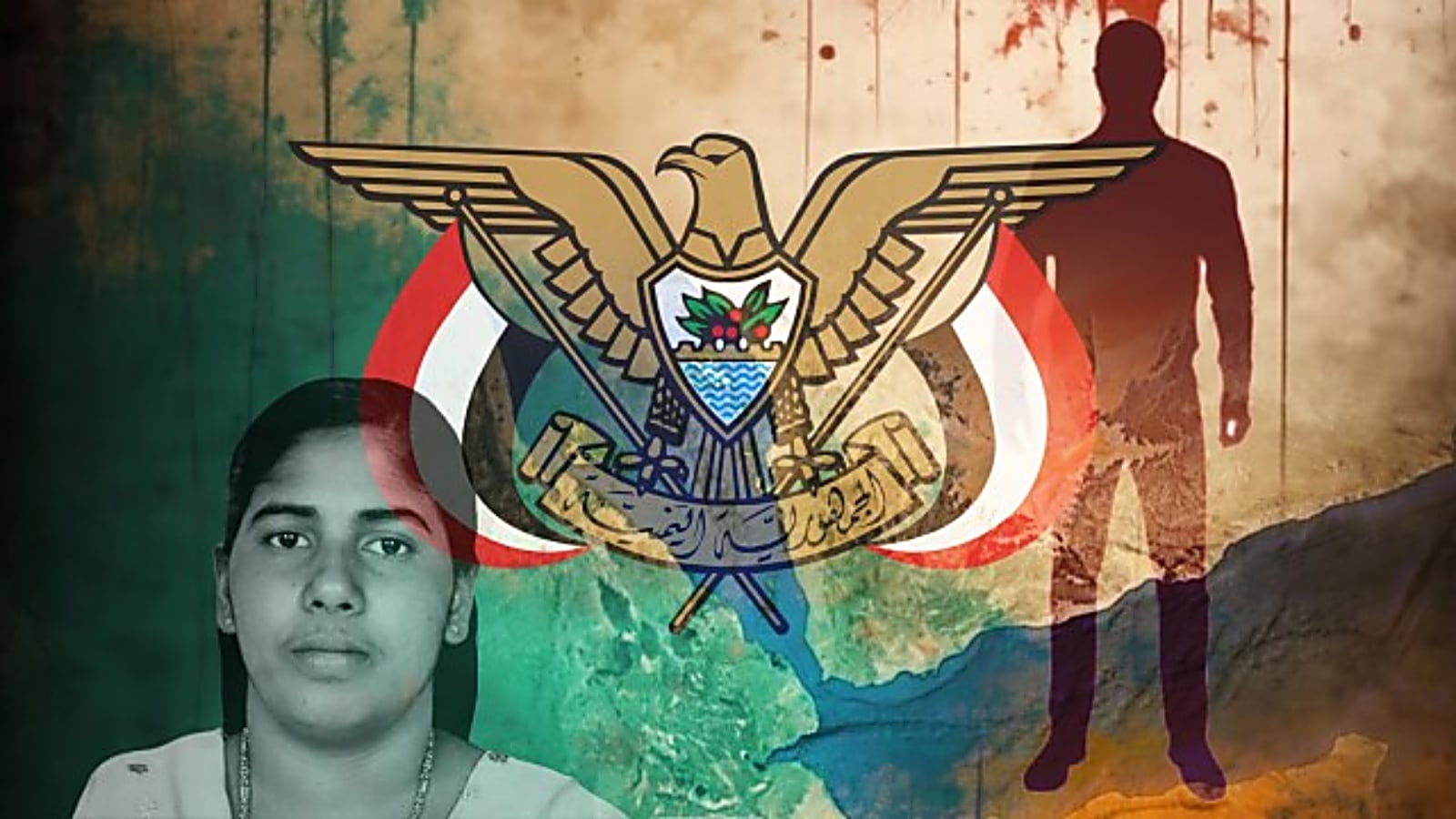 |
|
The case of Nimisha Priya, an Indian nurse sentenced to death in Yemen, highlights the precarious situation faced by Indian citizens facing capital punishment abroad. Her conviction for the murder of a Yemeni citizen, despite her claims of abuse, leaves her fate hanging in the balance, dependent on securing a pardon from the victim's family. This pardon, typically achieved through the payment of ‘blood money’ – a practice within Islamic law allowing the victim's family to forgive the perpetrator in exchange for financial compensation – underscores the complex legal and cultural landscape surrounding these cases. The Indian Ministry of External Affairs (MEA) has pledged its support, offering legal aid and consular access, but the ultimate responsibility for securing Nimisha's release rests on negotiating with the victim's family. This situation underscores the limitations of governmental intervention in such matters and the reliance on private efforts to resolve them. The significant financial burden associated with securing a pardon often falls on the family or community of the convicted individual, highlighting the economic disparities and social injustices embedded within these cases.
Several past instances illustrate the challenges and occasional successes of securing pardons for Indians on death row abroad. The case of Abdul Rahim, sentenced to death in Saudi Arabia after a tragic accident, exemplifies the long and arduous process involved. Despite a willingness from the victim’s family to pardon him, the process involved years of imprisonment and a massive crowdfunding effort to raise the substantial ‘blood money’ required. Even with the funds secured, a final court order remains pending. This demonstrates that even after securing a pardon, bureaucratic hurdles and legal processes can significantly delay, if not obstruct, the release of the individual. The case underscores the financial strain placed on families and communities, often necessitating large-scale fundraisers involving considerable personal sacrifice.
Conversely, the case of eight former Indian Navy personnel sentenced to death in Qatar for alleged espionage offers a more positive outcome. Though initially sentenced to death, the intervention of the MEA at the highest levels, including the personal involvement of the External Affairs Minister, ultimately led to a commutation of their sentences and eventual early release. This highlights the crucial role that high-level political engagement and diplomatic pressure can play in securing favorable outcomes. However, the lack of transparency regarding the charges against these individuals serves as a reminder of the complexities and opacity that often characterize these cases, leaving individuals vulnerable to potentially unjust legal processes. It demonstrates that while diplomatic efforts can significantly influence the outcomes of such cases, the legal battles can be protracted and uncertain.
The cases of Becks Krishnan in the UAE and those involving groups of Indian men in the UAE also highlight the significant role played by private individuals and businessmen in resolving these situations. In these instances, the intervention of wealthy businessmen, who contributed substantial sums of ‘blood money’, proved instrumental in securing the release of the convicted individuals. This highlights the interplay between personal philanthropy, legal processes, and diplomatic intervention in obtaining pardons. It further emphasizes the financial barriers to justice faced by individuals from less privileged backgrounds. The contrast between the success of these cases, facilitated by the intervention of wealthy individuals, and others where financial resources remain a significant obstacle, illustrates the stark inequalities present within the system.
The case of Arjunan Athimuthu, who had his death sentence commuted in Kuwait after a blood money payment, provides a more nuanced example. His case highlights that even partial success, such as a reduction of sentence to life imprisonment, can be considered an achievement, especially when the financial resources available are limited. The variety of outcomes in these cases, ranging from successful pardons to commutations to prolonged imprisonment, underscores the lack of predictability and the high stakes involved in navigating foreign legal systems. These cases demonstrate that while securing a pardon requires a multi-pronged approach encompassing legal, diplomatic, and financial strategies, the uncertainty of the outcome remains a constant.
In conclusion, the experiences of these individuals, from the hopeful plea of Nimisha Priya to the various successes and failures of past cases, underscore the complexities and challenges faced by Indians on death row abroad. The process of securing a pardon or commutation of sentence often involves a complex interplay of legal challenges, diplomatic efforts, and the mobilization of significant financial resources. While governmental support remains crucial, the heavy reliance on ‘blood money’ and the often-protracted legal processes emphasize the precariousness of their situations and the urgent need for stronger legal protections for Indian citizens abroad. The disparity in outcomes between cases, influenced by factors ranging from political intervention to financial means, raises concerns about equal access to justice and highlights systemic vulnerabilities within these legal systems.
